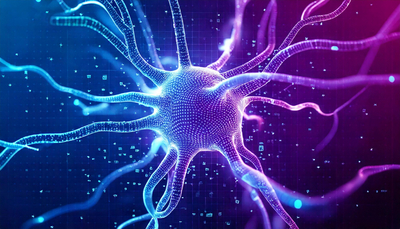Psychology Seminar Series - Neural correlates of effort-based decision-making
Talk by Nicolas Clairis, UniGe
Research activities of the faculty focus on neurocognition, affect, emotion and motivation, learning (including technology-supported learning) and memory, neurodevelopment, neurodevelopmental disorders and neurodiversity. Researchers use a variety of methodologies, including electroencephalography, virtual reality, and eye-tracking.
Psychology Seminar Series - Neural correlates of effort-based decision-making

Talk by Nicolas Clairis, UniGe
How do we control our attention? How do we ignore or suppress distracting information?
Welcome to Prof. Dr Pamela Banta Lavenex "Neurocognitive Development" research group
« Do you want to take a look at the desert menu? »
« A fruit salad or a molten chocolate cake? »
The research group is concerned with basic research in the field of cognitive psychology (including perception and emotion), on the one hand, and with applied questions such as the influence of tablets and e-learning tools on…
Our group carries out research in the field of cognitive psychology – in particular in the areas of memory, mental imagery, and perception. The research is mainly experimental and quantitative. We collect eye data and conduct…
We are interested in the neural mechanisms enabling memory, perception & consciousness. We conduct research with healthy participants using behavioral studies and EEG. We also collaborate with epilepsy clinics in Switzerland…
The chEERS Lab (Swiss Emotion Experience, Emotion Regulation and Support Laboratory) at UniDistance Suisse and the University of Fribourg is a team of researchers who studies affective processes and their impact on our mental…
The research group dedicates itself to basic research and applied science in the fields of learning and memory. The focus here is on the following research questions: What are the bases of good memory capacity?